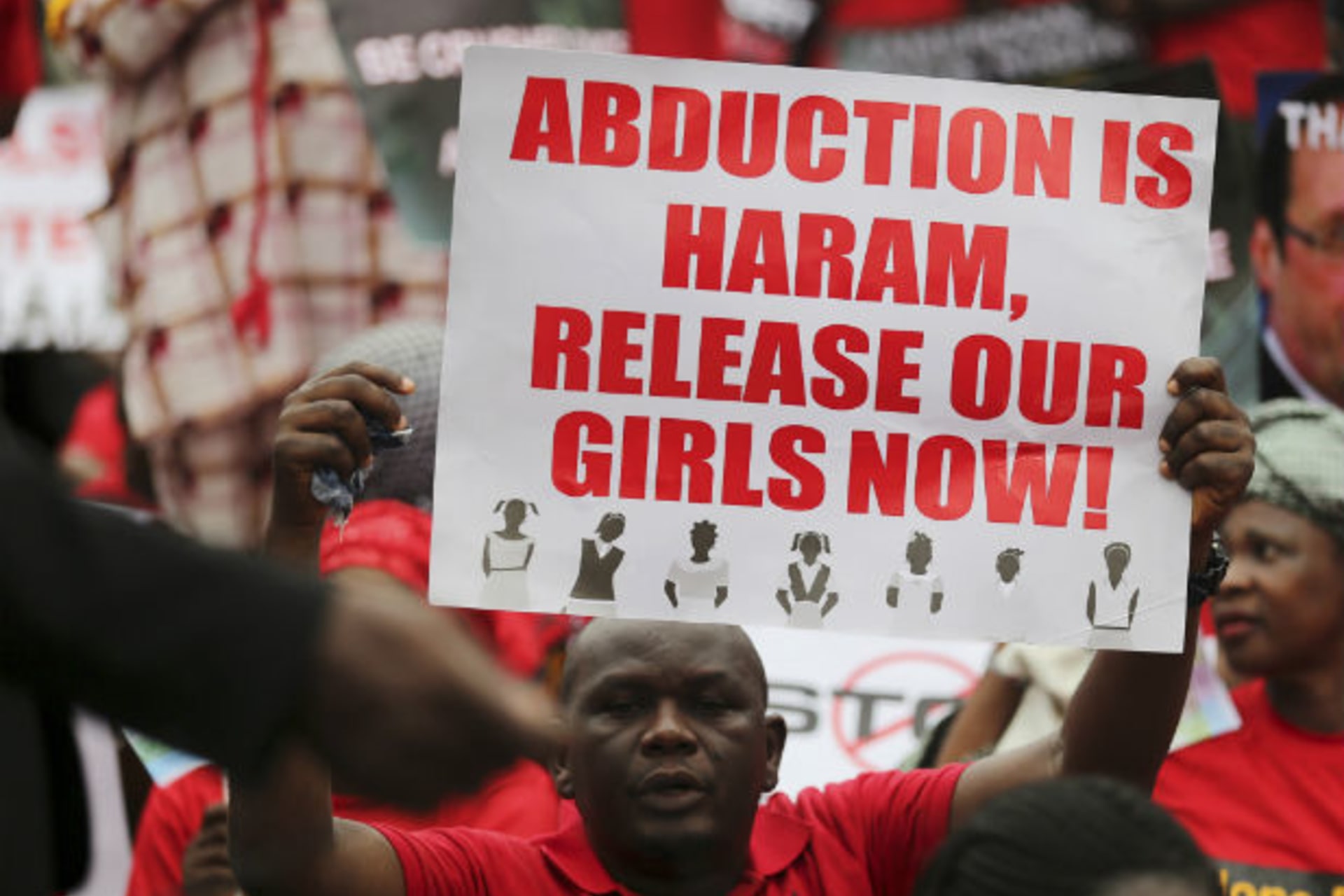Contemplating the Nigerian Crises That Attract International Notoriety

By experts and staff
- Published
By
- John CampbellRalph Bunche Senior Fellow for Africa Policy Studies
There has been no end of atrocities related to the “Boko Haram” insurgency and the Nigerian government’s failed efforts to defeat it. For example, in February, “Boko Haram” slit the throats of some dozens of adolescent boys in the dormitory of a boarding school they attacked and burned. In March, the security services murdered in cold blood hundreds of detainees at Giwa Barracks charged with no crime, an event that is the subject of an Amnesty International report.
The boys’ murder attracted little Nigerian media attention and virtually none internationally. The Giwa Barracks episode did garner international media attention, but almost none in Nigeria, where the security services denied it had taken place.
How to account for the Chibok kidnapping of school children going viral, with First Lady Michele Obama and many other notable personalities using social media to call for the liberation of the girls, and Senator John McCain raising the possibility of U.S. military intervention?
Why, with a competing gallery of horrors, did the Chibok kidnapping catch fire when other horrors did not?
Boko Haram warlord Abubakar Shekau’s video claiming responsibility for the kidnapping and threatening to, in effect, sell the girls into slavery appears to have played an important role. Shekau directly touched on human trafficking in women, child marriage, and the practice in some parts of the Islamic world to deny women equal educational opportunities. These are issues that large constituencies in and outside Nigeria care passionately about.
The kidnapping is also an ongoing drama; it might therefore be possible for the Nigerian authorities assisted by its international allies to “do something.” However, in the case of killings, whether of the adolescent boys or the detainees, the story is already over when reported. Nothing can restore the victims to life.
Nigerian women, especially, took to social media to pressure the government in Abuja to take action–which it had not, at least in any visible way. Those brave Nigerian women ensured that the kidnapping could not just be swept under the rug.
The Jonathan government’s ineptitude has been astonishing, and feeds the media storm. President Jonathan made no public statement about the kidnapping for more than two weeks. He still has not visited Chibok. Meanwhile, his wife, Dame Patience Jonathan “detained” (if only briefly) a woman organizing protests and raised the possibility that the kidnapping was a hoax. The Nigerian authorities blocked a lawful and peaceful protest in Abuja that was led by former minister Oby Ezekwesili, who is well known for her integrity.
With the breaking of the media storm, the United States, the United Kingdom, France, China, and Israel have offered assistance. Under intense pressure at home and abroad, President Jonathan has accepted–in principle. The United States is providing an aerial surveillance capability already. Foreign involvement means continued interest in the countries involved. After all, the American public wants the details about what the Obama administration is going to do, and just what U.S. assistance will look like.
Finally, in the United States at least, the juxtaposition of the kidnapping story with Mothers’ Day may have played a role in generating media attention.